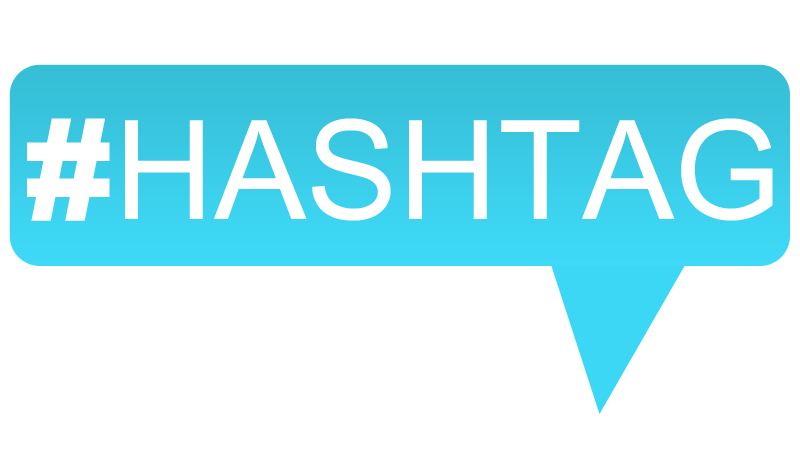Hashtagging:
A lot of people don’t understand what a hashtag is, where it comes from and what it’s used for. In today’s digital world is good to understand hashtagging so you can make an educated decision on how to use them.
- Hashtag is a word or phrase preceded by a hash mark (#), it is use within a message to identify a keyword or topic of interest and it helps a search for it. So when someone adds a hashtag to their post, it is immediately indexed by the social network and searchable by others.
- The first Hashtag came from a former Google employee Chris Messina who worked in developer relations and as a designer on Google+, when he Tweeted this “how do you feel about using # (pound) for groups. As in #barcamp [msg]?”. This tweet took place all the way back in 2007, so it took quite a bit to catch on.
- In 2009 Twitter took over the hashtag technology after realizing that this was a clever trick invented by its users, so they turned the hashtags to anchored text or hyperlinks. When this hyperlink is clicked it goes to a page that aggregates all of the posts with same hashtagged keyword in real-time. You can also search for a specific hashtags, which is an easy way to find any topic on Twitter.
- In 2010 Twitter improved the hashtag technology by adding trending topics for users to see what people were talking about across the world. By doing this, popular hashtags would go directly to the top of the list of trending topics but something went terribly wrong soon after. People began to make the trending topic useless by using weird hashtags. Now Twitter and other social media websites are scanning through and deleting useless hashtags from its trending topics and better localized each topic.
- Creating your own hashtag can be very powerful if you do it right and have a lot of luck on your side, your hashtag will start being trending among your followers. Then, whenever someone sees that hashtags they will remember you.
- Most networks use hashtags in the same basic way, to organize data and make it easier for user consumption. Here is a list of some networks that use hashtags (Twitter, TSU, Facebook, Instagram, Google+, Tumblr, Pinterest, YouTube, Kickstarter, Vine, App.net, Flickr, FriendFeed, GitHub, Tout)
In all, dominating and understanding the hashtag effect in social media can make or break your online presence in today’s world. Be smart and research your hashtags to ensure successful results for you and your company!



awesome post
Thank you Carlos.